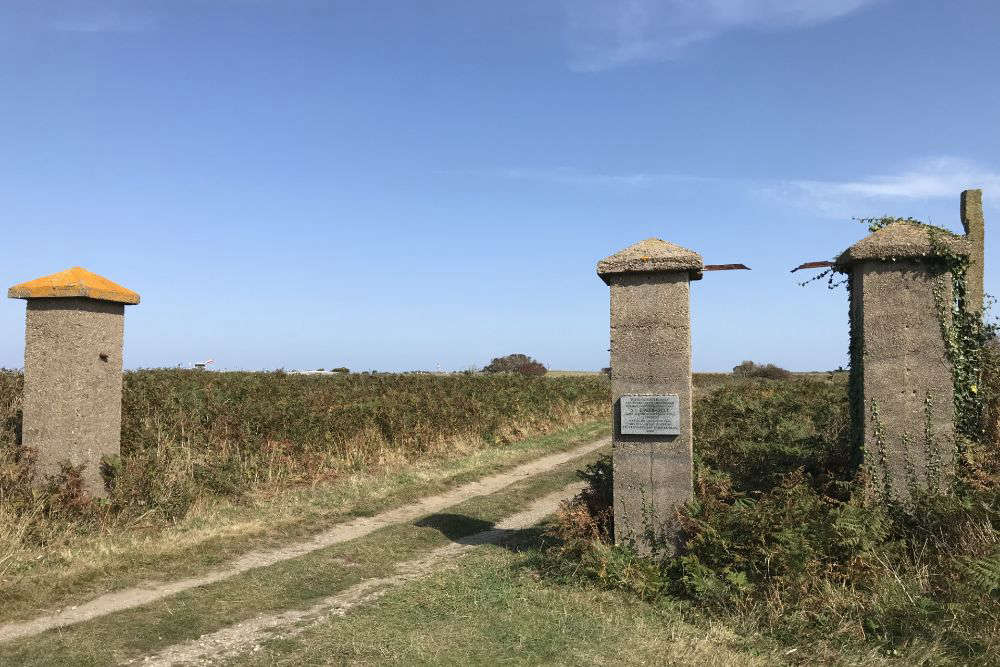
Historians admit it is impossible to determine how many died of Nazi brutality, poor diet and over work, but new evidence suggests it is likely to be between 641 and 1,027.
The team of experts gathered by Lord Eric Pickles, the UK’s post Holocaust envoy, have reviewed official records held across Europe, Russia and Israel. Added to those are written testimonies of slave labour survivors of what was known by the Germans as Adolf Island.
Yet they still cannot put a precise figure on the number who died. Issues include: the weathering and movement of grave crosses; the Germans destroying death certificates; access to what may be previously unseen evidence in Russia and Ukraine; misspelling of names of Soviet citizens and limited evidence of the fate of Soviet PoWs. Unidentified bodies may lie in the island’s cemetery or potentially in a mass grave at Longis. 396 bodies were exhumed in the early 1960s and British Intelligence determined a figure close to this after months of investigative work immediately after WW2 ended.

Lord Eric Pickles
What is known is that people from 30 countries, including Russia, Ukraine, Belarus, Spain, France, North Africa and some Channel Islanders were forced to live in barbaric conditions in four large internment camps. One, near the airport and known as Sylt, was run by the SS. The other, known as Norderney, is ironically the island’s campsite, and was also taken over by the SS.
The review dismisses any similarities with Auschwitz and also refutes a regime of forced labourers being purposely worked to death. 594 French Jews were shipped to Alderney but very few died there. Historians say the records show that the death toll was highest for Soviet prisoners of war and captured Russian civilians.
Living conditions in the camps were cramped and unhygienic. The huts were poorly built and cold in the winter, especially at Sylt, which was exposed to the worst of the weather. Slave labourers clothes wore out and there was little to replace them . Their poor quality bedding was infested with lice and fleas and the camps with vermin. They were given very little to eat by their Nazi overseers yet were expected to work in quarries, make new roads, build many hundreds of complex bunkers and tunnel into hillsides for 12 hours a day.
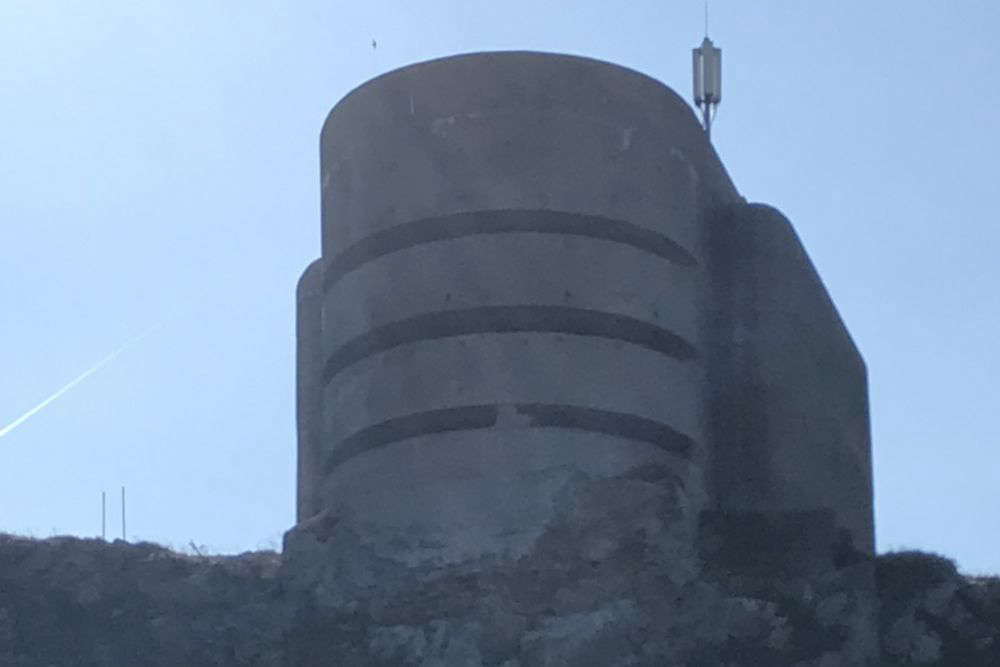
Many died of dysentery, exhaustion, heart failure or poisoning after picking inedible berries in their desperation to get something else to eat apart from ersatz coffee, watery soup and a few meagre slices of bread and sausage. Some were beaten to death, others purposely shot and a death certificate falsified to say that they had tried to escape. The youngest to die was 15, the oldest 66.
Alderney’s civilian population left before German troops arrived so there were no witnesses and no places to hide or run to. An interesting revelation in the report is the sheer number of civilians from Guernsey and Jersey who were sent to Alderney to tend the farmland and repair houses and the breakwater. At 429 it is far higher than previously thought and records show the bulk, 341, were from Guernsey, while 88 were from Jersey. Most were in their late teens.
Two senior camp guards were tried in France after the war but the majority of those who carried out brutalities and murders escaped free. The report says this is because in a deal with the Russians at the end of the war, the British entrusted them with trying Alderney’s war criminals in exchange for Germans who had murdered allied escapees from Stalag Luft 3. However, Lord Pickles says successive British governments must also shoulder the blame for allowing war crimes carried out on Alderney to go untried.
Attitudes to what happened in Alderney in WW2 are changing and there is a move to preserve the sites of the former camps and put up heritage markers on them, with QR readers.
The review was designed to quantify numbers and humanise the victims, build a publicly accessible official database of all their known details and put an end to the stream of tabloid headlines about Alderney under Nazi rule. Ironically, the report was part leaked in two national papers three days before its official unveiling.


 Guernsey's Catholic community saddened by Pope's death
Guernsey's Catholic community saddened by Pope's death
 Summer solstice date for this year's CI Pride
Summer solstice date for this year's CI Pride
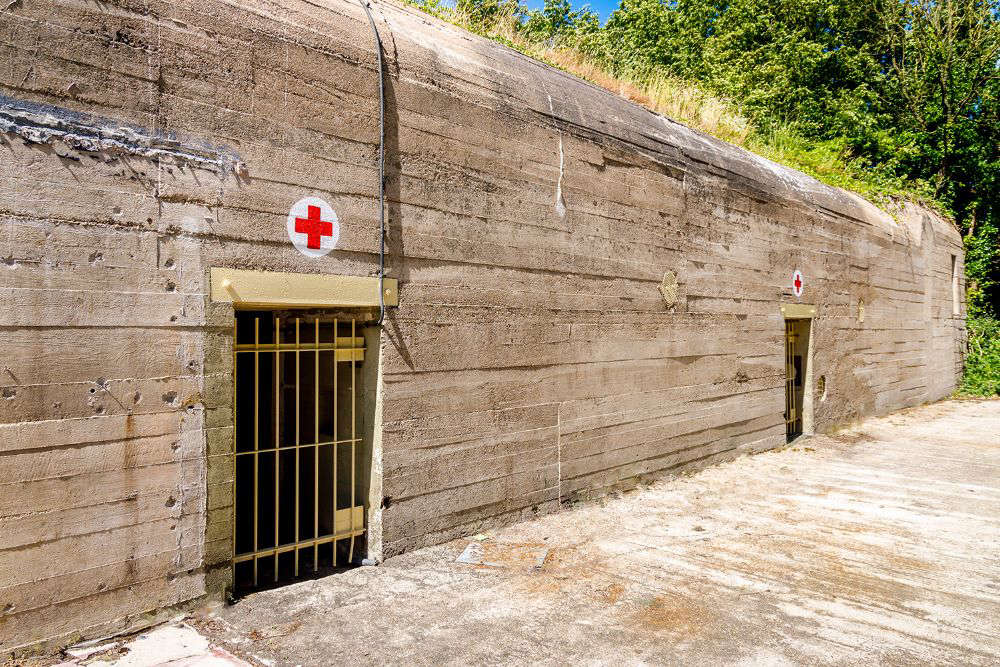 Occupation trail created in Alderney
Occupation trail created in Alderney
 Guernsey's Sexual Health Strategy 'refreshed'
Guernsey's Sexual Health Strategy 'refreshed'
 10 days left to register to vote in Guernsey's 2025 General Election
10 days left to register to vote in Guernsey's 2025 General Election
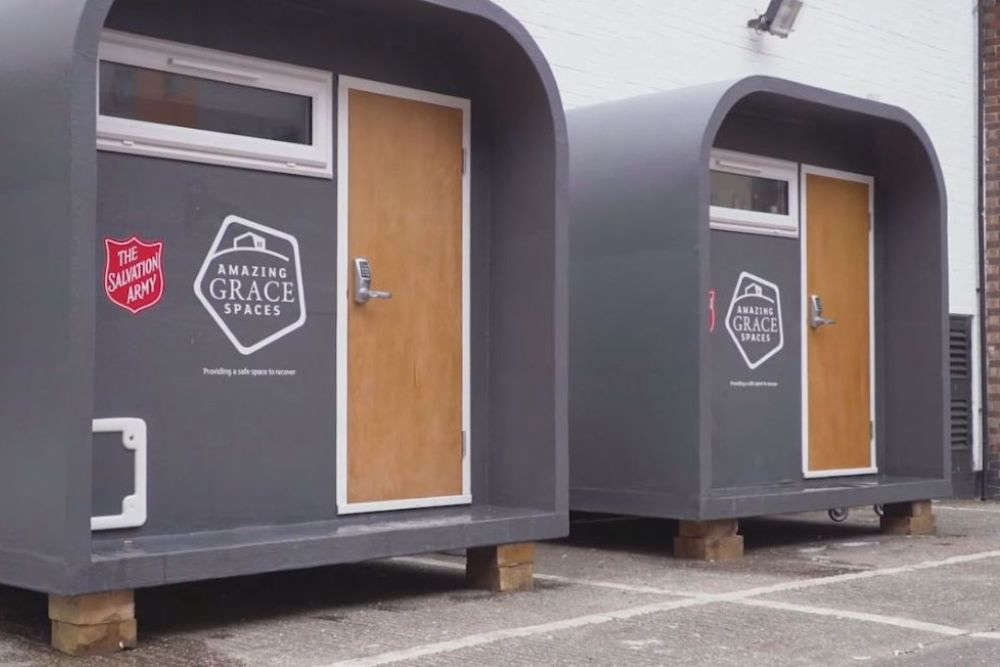 Emergency sleeper pods to help homeless in Guernsey
Emergency sleeper pods to help homeless in Guernsey
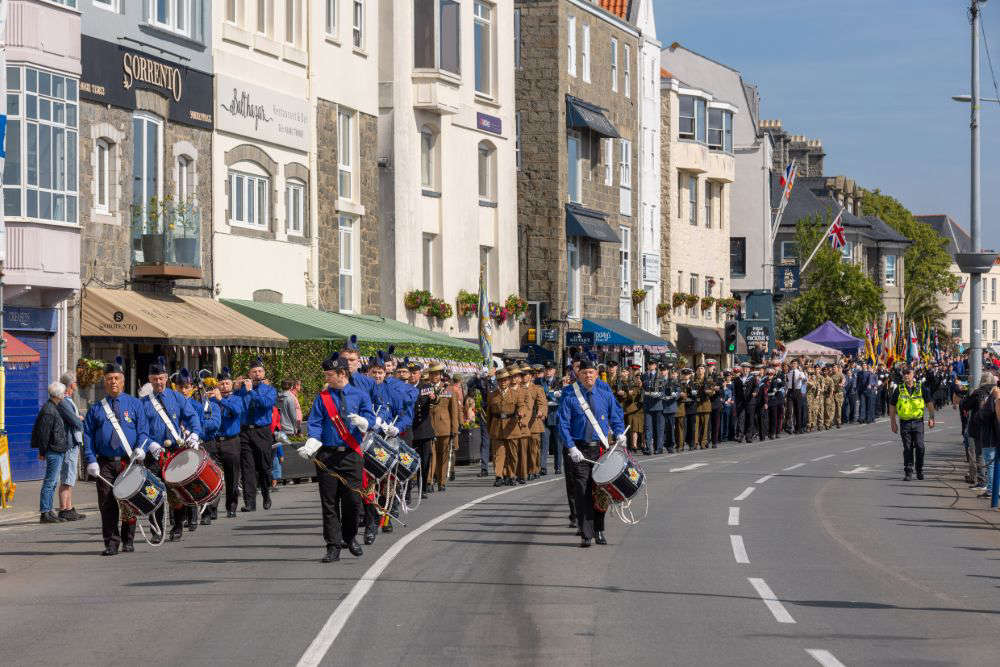 100 visiting military personnel will join Guernsey's 80th Liberation Day Parade
100 visiting military personnel will join Guernsey's 80th Liberation Day Parade
 New construction charity helps the Guernsey Counselling Service
New construction charity helps the Guernsey Counselling Service

